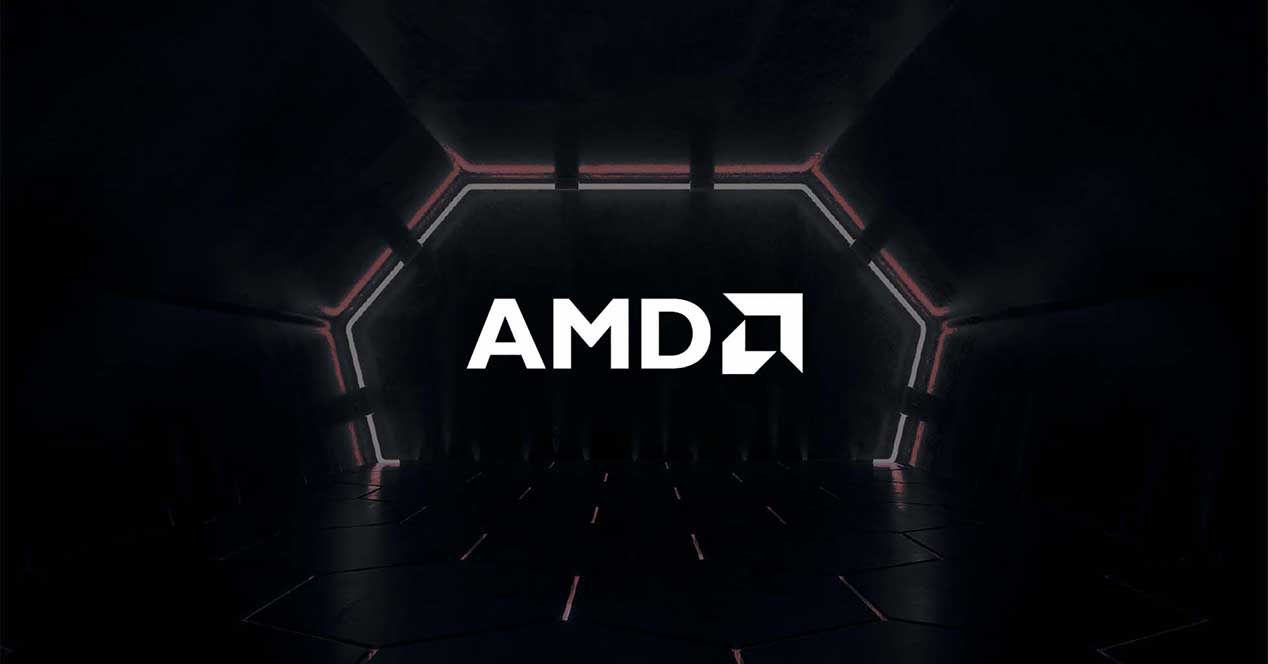We have done extensive research on AMD Ryzen 5 vs Intel i5 processors to help people which one to buy for their new machine. When it comes to building a PC, one of the most critical components you’ll need to choose is the central processing unit (CPU). The CPU is the heart of the system, responsible for executing instructions and performing the basic arithmetic, logical, and input/output operations of the computer.
The two major players in the CPU market are AMD and Intel, and their most popular products are the AMD Ryzen 5 and the Intel i5 processors. Both of these CPU families offer a wide range of options, with different levels of performance, power consumption, and pricing.
In this article, we’ll compare the AMD Ryzen 5 and Intel i5 processors, highlighting their key differences, similarities, and performance characteristics. We’ll also provide some guidance to help you choose the right processor for your needs.
AMD Ryzen 5
The AMD Ryzen 5 processors are part of AMD’s Ryzen family of desktop CPUs. They offer an excellent balance of performance, value, and power consumption, making them a popular choice among gamers, content creators, and general-purpose PC users.
The Ryzen 5 processors are based on AMD’s Zen architecture, which is known for its high IPC (instructions per clock) performance and efficient use of resources. The Ryzen 5 processors also come with AMD’s Precision Boost 2 and XFR 2 (Extended Frequency Range) technology, which dynamically adjusts the clock speed based on the thermal headroom and workload, providing extra performance when it’s needed.
Intel i5
The Intel i5 processors are part of Intel’s Core family of desktop CPUs. They offer a good balance of performance, value, and power consumption, making them a popular choice among mainstream PC users.
The i5 processors are based on Intel’s latest Core architecture, which is known for its high single-thread performance and efficient use of resources. The i5 processors also come with Intel’s Turbo Boost technology, which dynamically adjusts the clock speed based on the workload, providing extra performance when it’s needed.
AMD Ryzen 5 vs Intel i5: Performance Comparison
When it comes to performance, both the AMD Ryzen 5 and Intel i5 processors are capable of delivering solid performance for a wide range of tasks. However, there are some key differences between the two families of processors.
Single-thread Performance
In terms of single-thread performance, Intel’s i5 processors tend to have an edge over the AMD Ryzen 5 processors. This is because Intel’s Core architecture is optimized for single-thread performance, while AMD’s Zen architecture is designed for multithreaded performance.
However, the gap between the two families of processors in single-thread performance has been narrowing in recent generations, and the latest Ryzen 5 processors are capable of delivering comparable performance to the latest i5 processors in most applications.
Multithreaded Performance
When it comes to multi-threaded performance, the AMD Ryzen 5 processors tend to have a clear advantage over the Intel i5 processors. This is because the Ryzen 5 processors have more cores and threads than the i5 processors, allowing them to handle more tasks simultaneously.
For example, the Ryzen 5 5600X, one of the latest Ryzen 5 processors, has 6 cores and 12 threads, while the i5-11600K, one of the latest i5 processors, has 6 cores and 12 threads. As a result, the Ryzen 5 5600X is capable of delivering much better-multithreaded performance than the i5-11600K in applications that can utilize multiple cores and threads.
Gaming Performance
When it comes to gaming performance, both the AMD Ryzen 5 and Intel i5 processors are capable of delivering smooth and responsive gaming experiences.
